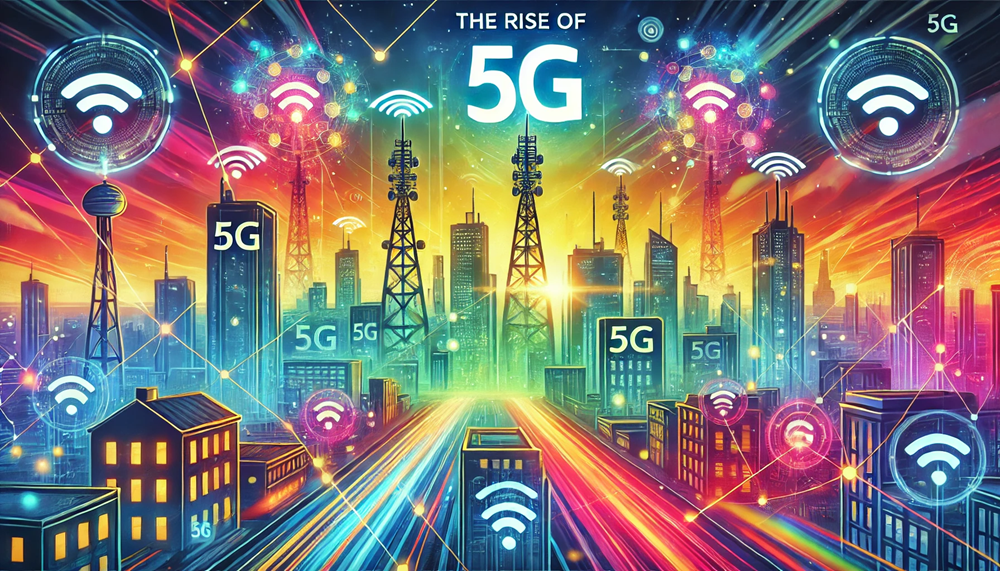5G technology has become a cornerstone of global connectivity in 2025, revolutionizing communication, business, and daily life. With over 4 billion people connected to 5G networks, the technology enables lightning-fast internet speeds, near-zero latency, and seamless integration of smart devices. According to the Ericsson Mobility Report, the economic impact of 5G is expected to surpass $1.3 trillion by 2030, transforming industries from healthcare to entertainment.
Real-World Transformations
- Healthcare: 5G allows remote surgeries to be performed in real-time. Surgeons in Tokyo can now operate on patients in remote islands using robotic systems powered by ultra-low latency connections. In a notable case, a team of doctors in New York successfully guided a life-saving surgery in rural Kenya through a 5G-powered telemedicine platform.
- Transportation: Smart traffic systems powered by 5G are making roads safer. Cities like Dubai have reduced traffic accidents by 25%, thanks to real-time data sharing between autonomous vehicles and connected traffic lights.
- Entertainment: The gaming industry has been transformed by 5G, with cloud-based gaming platforms offering real-time multiplayer experiences without the need for high-end hardware. By 2025, 60% of gamers are expected to play on 5G-powered platforms, generating over $5 billion in revenue.
The Road Ahead
While 5G is creating a hyper-connected world, challenges remain, including the high cost of infrastructure and cybersecurity risks. Efforts to extend connectivity to underserved regions are underway, with projects like Starlink and OneWeb complementing 5G’s reach. The future holds the promise of 6G, with early trials demonstrating 1 Tbps speeds, set to redefine connectivity once again.
